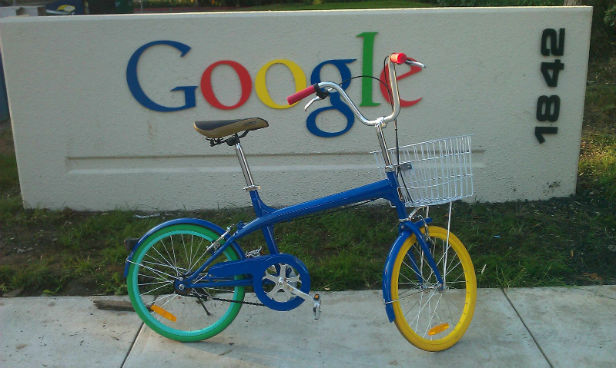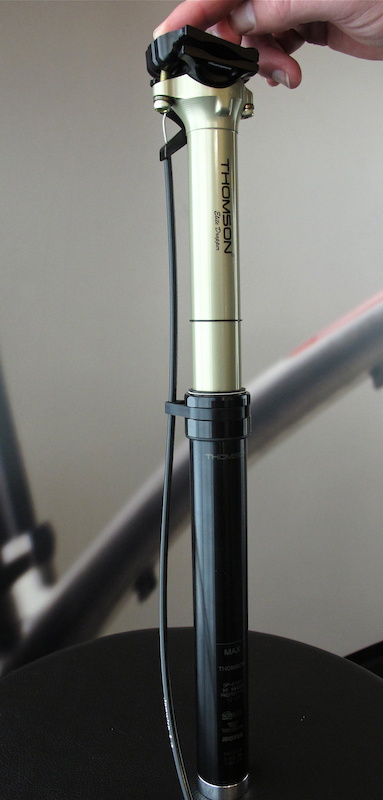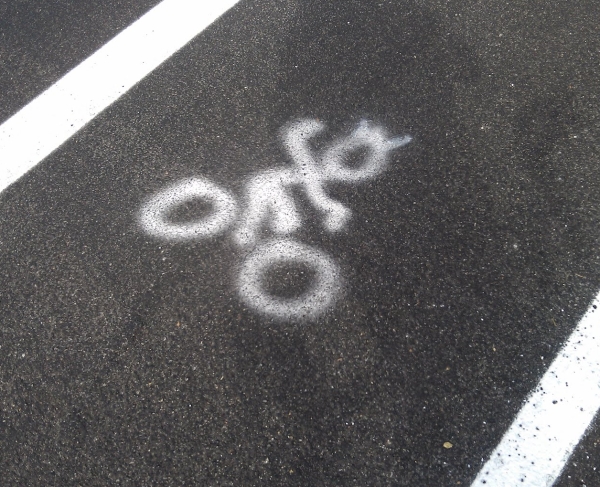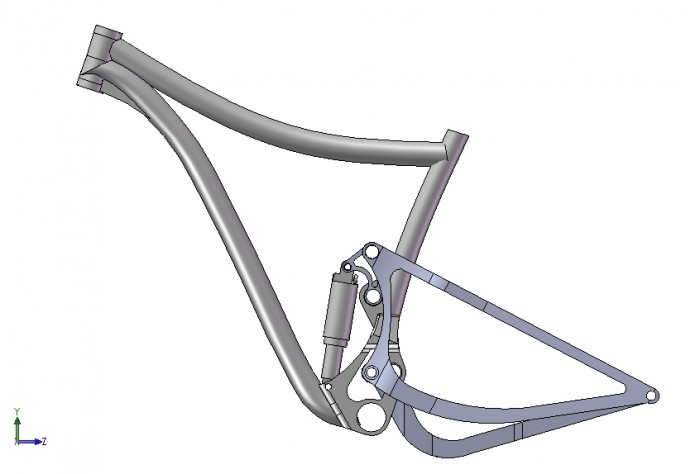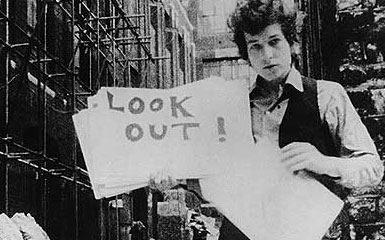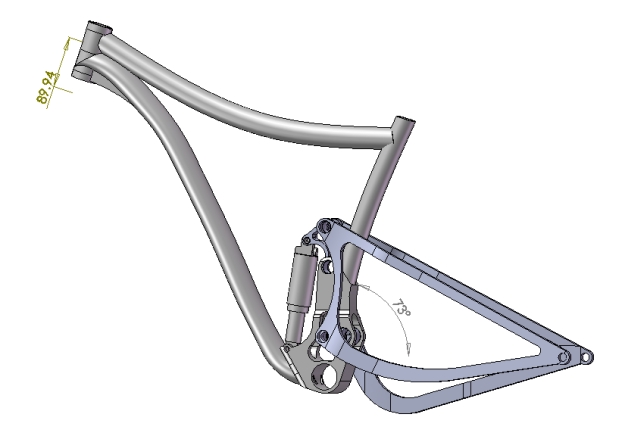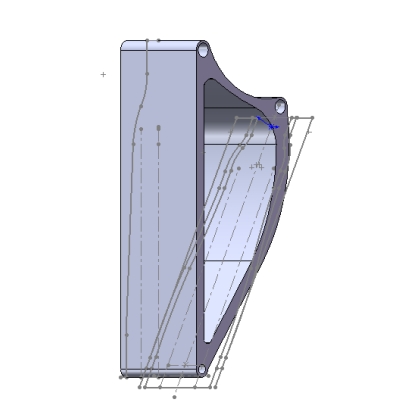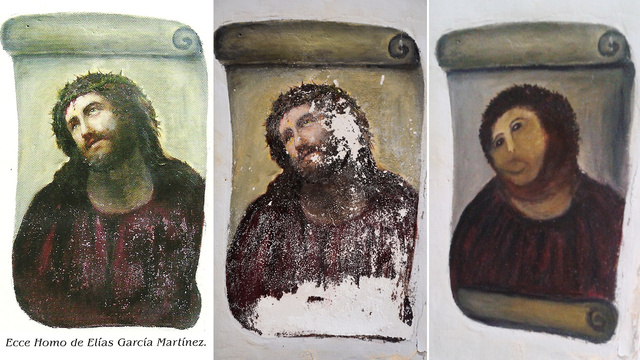
Once upon a time I worked for the Pittsburgh Symphony. I made phone calls to unsuspecting people and tried to convince them to purchase season passes. There were, apparently, “qualified leads” somewhere in the pile of symphony-hating rednecks and dead people (I actually got a “Baroness,” but even the qualified leads were fraught with peril. I, for instance, ended up calling a gentleman who just so happened to not only be a current member of the Pittsburgh Symphony–as in “in the band”–but was also a featured performer and composer who was actually having one of his pieces performed by the symphony that season.
He did not, it turns out, need tickets.
In my own defense, he had a particularly generic name, and I did note how odd it was that the random person I was about to call shared the same name as a guy whose work the symphony was performing. But surely, I reasoned, this had to be a different guy.
When Generically-named Composer pointed out that “we really needed to check our facts,” I agreed as politely as possible, set the receiver back down, and said out loud, “We? It’s your symphony.”
I just worked there, earning $5 and hour as I recall. On the rare occasions when I could park illegally and not get a ticket, I broke even. Getting a ticket set you back about a half a week’s worth of work, but paying for parking seemed to make even less sense. Even though the route would’ve passed the hospital where I was born, I wasn’t courageous enough to ride my bike from my apartment into that part of Pittsburgh at the time. And still wouldn’t be.
I mention all of this–and it ties in with the series of images you see above–because there was a quotation on the wall beside my desk at that job that I’ve never forgotten. I shared my desk with a delightfully daft elderly woman on the day shift, and she had taken it upon herself to decorate our mutual cubicle with motivationalisms. Partially, I’ve never forgotten this particular quote because it’s a sad and undying cliche with a thousand equally saccharine variations, and because I loathed it the way some people dislike eating live animals.
Here is what was printed–in glorious, overwrought calligraphy–on the wall of my sad little cubicle.
One of God’s greatest mysterious is His ability to let ordinary people do extraordinary things!
Understand, I was in grad school and dreaming of being a writer. The guy in the desk next to mine was an accomplished trumpet player, and the room in general–being the night shift–was filled with ballerinas and artists and would-be musicians. This doesn’t excuse what I did, mind you. I was, to be sure, a Grade A Asshole. But some context seemed appropriate.
What I did was very carefully create, using my own hands–hands which had always loved to draw and which had won several half-ass art competitions from an early age through high-school–a highly detailed copy that mimicked the particular calligraphy with a fair amount of accuracy. Only mine read, “Another of his great mysteries is an ability to let extraordinary people do ordinary things.”
I was thinking of this today as I read this piece in Gawker that my friend, Mat–a very legitimate artist–had recommended. It seems an elderly Spanish woman had taken it upon herself to restore a rare work by a 19th Century painter, Elías García Martínez.
Artistic taste varies, but I’d submit that if God called this woman to intervene and restore the once beautiful painting by Martinez, He was only messing with her.
The thing is, you have to actually know what you’re doing. Divine inspiration isn’t really something you should be counting on. At least not entirely. Put another way: sometimes ordinary people shouldn’t fuck with the extraordinary.
And what does any of this have to do with bicycles? Very little, except that I had a fantastic conversation with a guy in Taiwan tonight, and it wasn’t–as you might imagine–all about making bicycles in Taiwan. It was about making bicycles correctly. Much still needs to be done, but I think I know my best course of action now when it comes to making a new bicycle happen. We’ll see.


